Did you know that the majority of homes in the US are considered energy vampires? The term energy vampires is given to homes that literally consume as much energy as possible and aren’t energy efficient in any way. There are many reasons a house might not be deemed energy efficient, from its construction to repairs not being carried out to people not being mindful of their energy consumption.
But that doesn’t need to be you and your home. You can make some simple changes to your home to avoid it being an energy vampire and save yourself hundreds of dollars a month on your electricity bills. These changes are within your reach and can empower you to take control of your energy consumption.
Check out these tips to see what can help you.
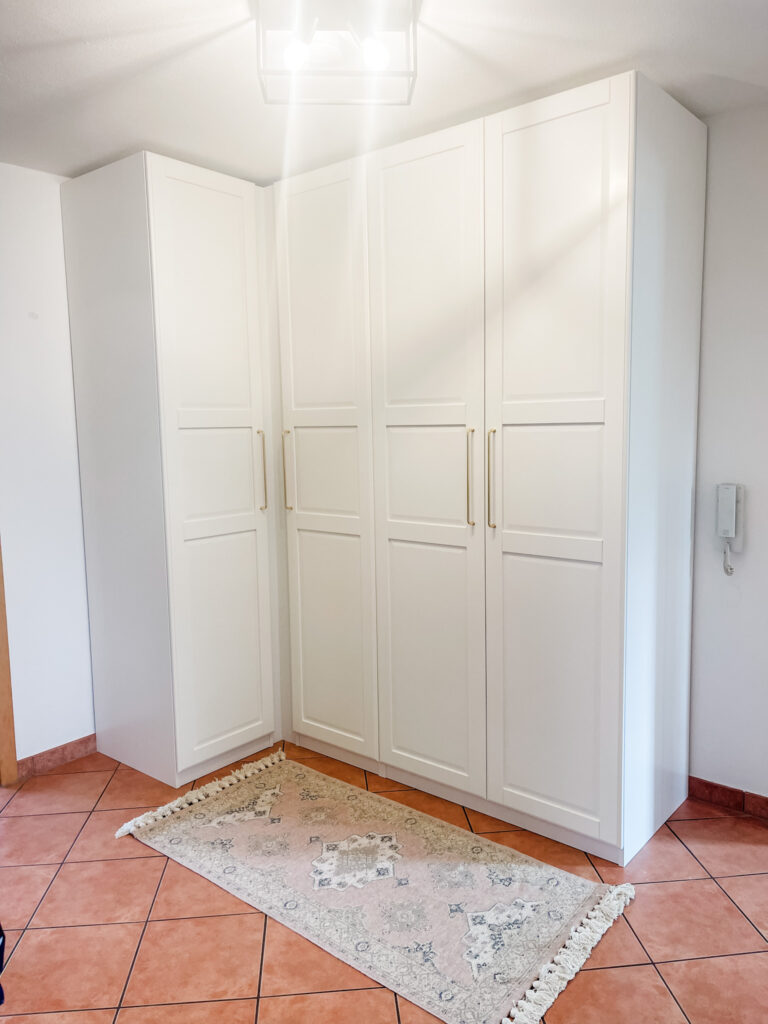
Unplug
Did you know that the average home has 65 things plugged in at any one time, including appliances, chargers, and electronic devices? Are you above or below that number? Assess the items you currently have plugged into a socket, and if they are not essential, such as the refrigerator or HVAC, then see if you can turn them off. Electrical items that are in the outlet but not in use, such as leaving your cell charger plugged in, can drain your electricity and send your bill skyrocketing. If they are not in use, turn them off—simple!
New Windows and Doors
Your windows and doors are the main ways energy escapes the home and can be huge issues when considering energy efficiency. Older single-pane windows aren’t as energy efficient as newer double—or triple-glazed units, and if they leak air or damage in any way, this can worsen things. Looking into windows replacement options can allow you to find newer, more energy-efficient windows for your home and help you reduce that energy while making your home safer and more comfortable at the same time.
Let Clothes Air Dry
While this isn’t possible for everyone if you are able to, allow your clothes to air dry over the use of the dryer, dryers use 3,000 watts per hour, and if you’re running yours for a few hours per day, this can quickly add up. A good rule of thumb many people use is that if the air is dry and the ground is dry, your clothes will dry regardless of the temperatures. It takes longer in colder weather, but if it’s dry, hang it out.
Consolidate Landry
As tempting as it is to throw on short or small loads, try to avoid this where possible. Instead, consolidate your laundry into larger loads. Better still, if your machine has an eco-friendly setting use it, typically, it will take longer, but you can save so much water and energy. It is machine-dependent based on energy rating, compared to constantly running smaller loads.
LED Lights
LED residential lighting options can use up to 75% less energy (maximum energy savings can be achieved using Energy Star-rated products) and can last up to 25 times longer than incandescent bulbs. This means not only do they use less energy, but they can save even more by not having to replace them as frequently, reducing both your energy consumption and maintenance costs. For instance, a single LED bulb can save you up to $ 80 in electricity costs over its lifetime compared to traditional incandescent bulbs.
Turn Your Thermostat Down
We’ve all seen the memes where “dads” lock the thermostat and will not let you turn it on until you’ve added extra layers of clothing or moved away a bit, etc., but there is a good reason people are stuck for the heating being turned on. Homes that aren’t energy-efficient use more energy to maintain comfortable temperatures, and this can really affect you during the colder months. When the time comes, start using your heating; try turning the thermostat down a degree or two and see how it impacts your home. Find a level you’re comfortable with and stick there.
Insulate
Lastly, you need to ensure your home is insulated if you want it to be more energy efficient and save on bills. Insulation can be added in multiple areas of your home. You can have attic insulation or cavity wall insulation. You can insulate your flooring and exterior walls and pipes, too. But the higher the insulation levels your home has, the less energy it will use as you’re putting measures in place that reduce heat escaping and keep it contained, driving down your energy bills.


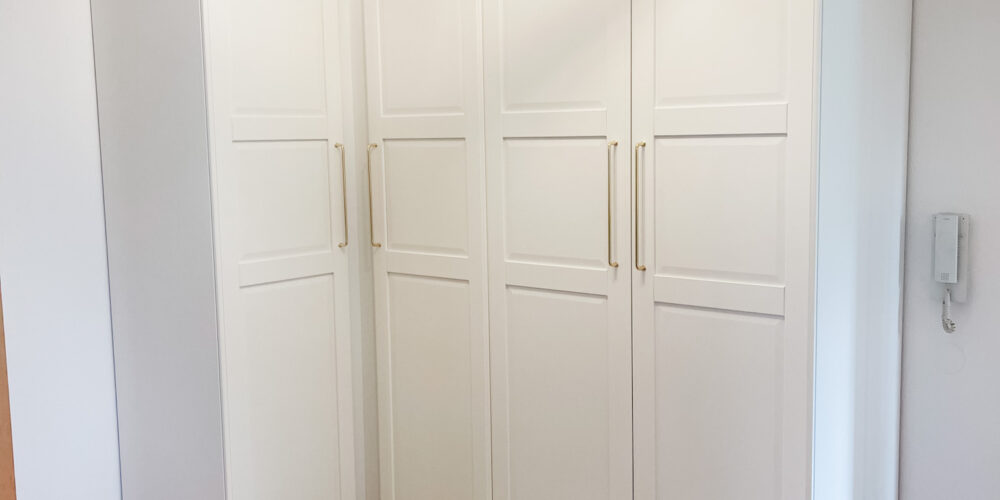
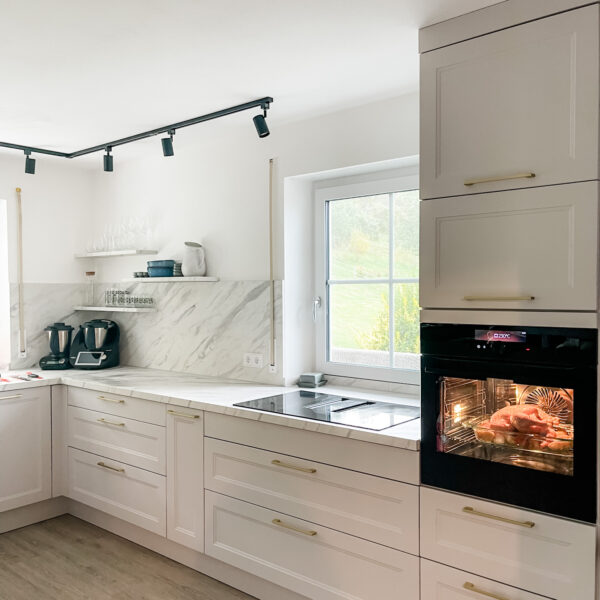
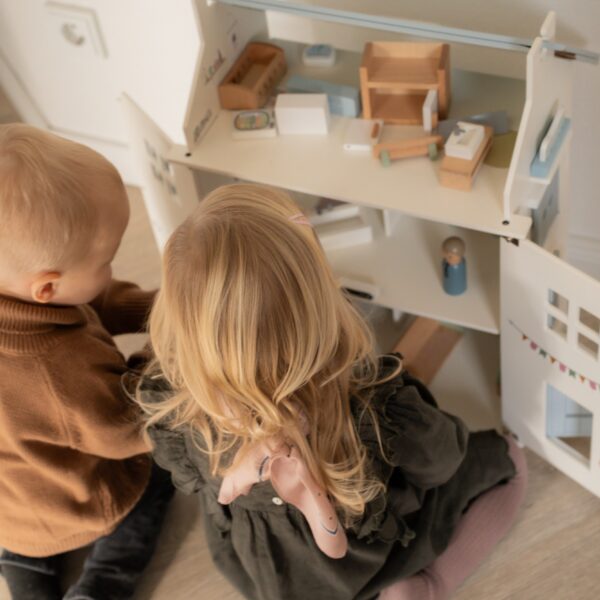
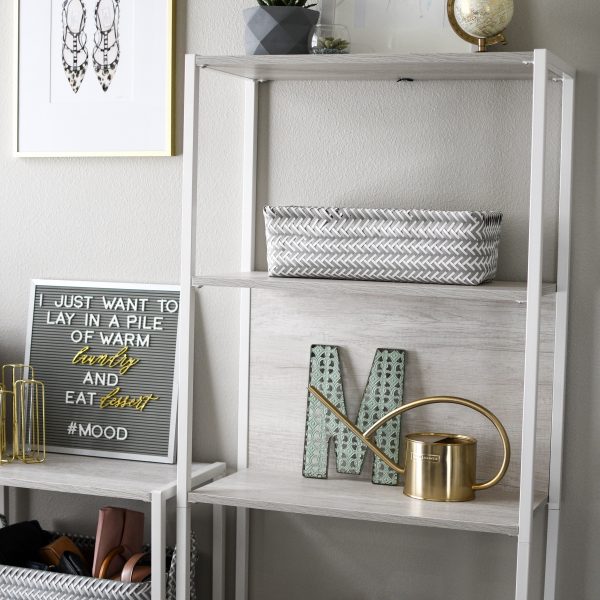

Leave a Reply